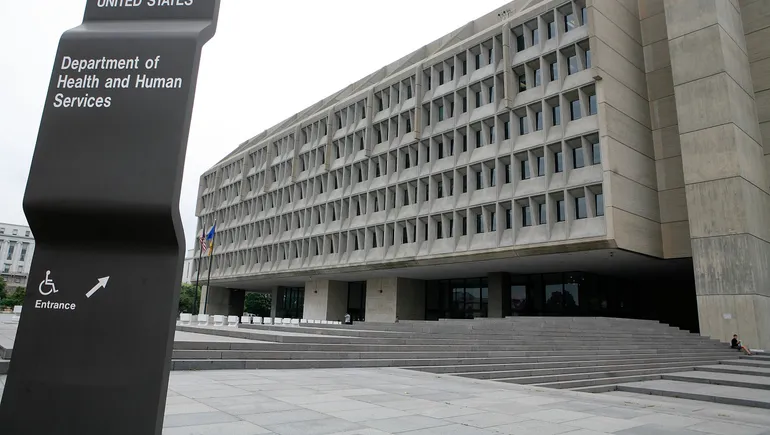Dive Brief:
The CMS won’t approve or extend federal Medicaid funding requests for certain state health programs, the agency said last week.
In a press release, the regulator said designated state health programs and designated state investment programs, which aim to address social determinants of health, duplicate resources available through other federal and state programs, and serve as an “overly-creative financing mechanism to skirt state budget responsibilities.”
States will likely stop proposing these projects to the federal government — and if they want to fund these types of social needs programs, they’ll have to fund them on their own, Katherine Hempstead, senior policy adviser at the Robert Wood Johnson Foundation told Healthcare Dive. “It represents the end of an era of being open to a broader conception of health within the Medicaid program,” she said via email.
Dive Insight:
Using section 1115 waivers, states can test different approaches to managing their Medicaid programs, in a bid to give states flexibility to improve the safety-net programs.
The CMS has previously authorized states to receive federal matching funds for DSHPs and DSIPs under the section 1115 waivers, freeing up state money to finance its Medicaid demonstration, according to the agency’s letter to state Medicaid directors Thursday.
This isn’t the first time the CMS under President Donald Trump has been skeptical of the programs. In 2017, the agency said it wouldn’t approve or renew state funding requests for DSHPs.
At the time, regulators argued that state demonstrations hadn’t made a “compelling case” that the funds were a good investment for the federal government and that states weren’t contributing their money toward healthcare delivery reform efforts.
The Biden administration reversed course, encouraging states to try programs that could ultimately reduce healthcare costs by better managing social needs, Hempstead said.
Now, the Trump administration is arguing the funds haven’t been linked to direct services provided to Medicaid enrollees. Some funds went towards grants to a New York labor union to reduce health insurance costs for some child care providers, or money that helped providers buy equipment and high-speed internet access for telehealth offerings, the agency said.
“DSHPs and DSIPs are essentially a tap on the federal Treasury for programs that states have determined are priorities outside of the federal commitment to the Medicaid program,” the CMS said in a press release.
The programs have grown from about $886 million in eligible expenditures in 2019 to nearly $2.7 billion in 2025, according to the agency.
The demonstration waivers are supposed to be budget neutral, or not increase federal spending overall, Hempstead said.
“However, people that are influential in the current Administration argue that the accounting has been flawed and these broader waivers have driven up spending and not accomplished their goals,” she said.
The decision comes as Dr. Mehmet Oz, the physician and TV personality recently confirmed as CMS administrator, has held the reins at the agency for about a week. He’s joining the CMS at a potentially turbulent time for Medicaid. Last week, lawmakers approved a budget resolution that could spell cuts to the safety-net insurance program.


